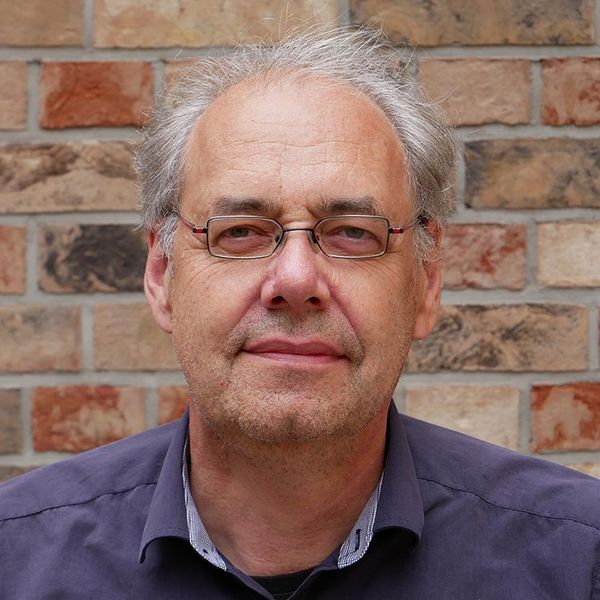
The industrial society we live in today is not just: people all over the world suffer from unequal access to resources and global wealth is unevenly distributed. Moreover, if we continue to sustain our current lifestyles and economic frameworks we jeopardize the abilities of future generations to meet their basic needs. Scientists provide evidence that today’s global population already exceeds planetary boundaries in at least three aspects: greenhouse gases emissions, biodiversity loss and nitrogen cycle. We, at the Institute for Ecological Economy Research, doubt that the ecological limits and basic intra-and intergenerational principles of justice can be met following the dominant paradigm of economic growth.
The vision: "Degrowth Society"
Therefore, we are questing for new lifestyles and economic frameworks which we subsume under the concept of "A Post-Growth Society". In this societal vision ecological boundaries are respected without violating principles of social justice. Economic growth – measured in gross domestic product (GDP) – does not constitute a social goal. Instead, social justice and respect for ecological limits should be recognized as fundamental principles of society. In order to realize this many institutions of today’s economic and social order must be transformed. How such a post-growth society should look like has to be elaborated and discussed in a broad transparent public deliberative process based on the idea that there is “neither an imperative nor a prohibition of growth” (Seidl / Zahrnt 2010, p 28).
Degrowth at IÖW – A central theme since 1985
Since 1985 the IÖW is actively engaged in researching and scientifically exploring post-growth approaches. Thus, the title of the institutes inaugural conference was “Ways out of the dilemma of industrial growth”. The German original translation of "The Entropy of Law and the Economic Process in Retrospect" by Nicholas Georgescu-Roegen in 1987 has also contributed to this process. Since then the institute has been intensively searching for new guiding principles for social development. For example researchers of the IÖW have conducted research projects exploring possibilities of uncoupling economic growth from resource consumption. Further research has included examining the environmental effects of the reduction in working hours or analyzing distributional aspects as factors in the design of environmental policies. Furthermore, researchers at the IÖW have developed approaches strengthening the services sector and in consequence dematerializing our lifestyle and economy.
Beyond GDP - Looking for new welfare indices
The research project "Green GDP – Green economy policies for Schleswig-Holstein" examined and assessed the importance of services that are beyond the calculation of gross domestic product with regard to their relevance for quality of life. These include for instance ecosystem services or the so called “informal work” such as domestic services, education or care work.
The political debate in the last few years has focused on the entanglement between environmental policy and distributive justice. Therefore, the IÖW explores how governance structures and mechanisms need to be changed. These topics are at the core of the following research projects: “Utilization of the current debates on social welfare for the environmental justice and conclusions for the political and societal transformation” or “Scientific Support on the Topic: Environmental and Conservation Policy as Social Policy – Concepts and Future Challenges”.
Assess life-satisfaction
In the project “Economics of climate change adaptation - Integrated economic modeling and institutional analysis at different scale levels” the IÖW is developing alternatives to conventional economic valuation methods. Thus, beside the consequences of climate change and adaptation strategies the project also investigates their impacts on people’s basic needs and life satisfaction.
Companies beyond growth
The IÖW study "Growth Neutral Companies" focuses on a player that has so far been neglected in the degrowth and post-growth discourse: the companies. The goal was to explore and present possibilities for how companies can deal with ecological and economic growth limitations. The project "Post-Growth Pioneers" examines alternative strategies and policy options for small and medium-sized companies.
New Concepts of Resource Conservation
The Project "Digitalization and socio-ecological transformation - Rebound Risks and Sufficiency Opportunities of Digital Services" will empirically analyze potential rebound risks and identify opportunities for sufficiency of digital services in the three areas of mobility, food consumption/commerce, and housing (SmartHome). The Project "Approaches to Resource Conservation in the Context of Degrowth Concepts" analyzes what approaches of Degrowth, Post-Growth and Green-Growth contribute towards absolute reduction of resources throughput.
Contact


